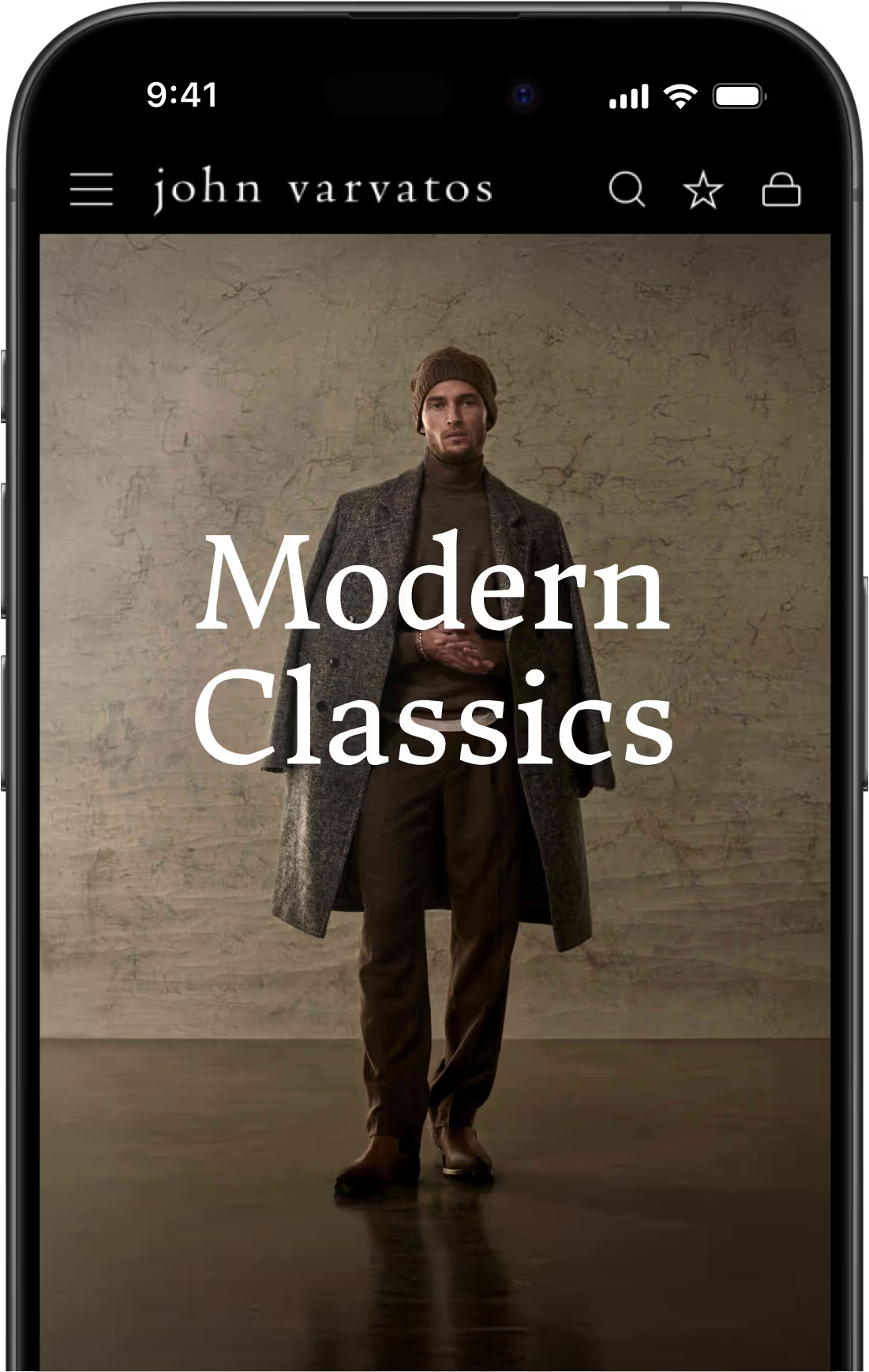Anyone with a keen interest in SEO will tell you the importance of your App Store ranking.
With approximately 63% of users finding an app through general browsing in the App Store, this is important stuff. A higher ranking gives your app more exposure and brings more traffic and downloads. So what determines whether your app features at the top of the App Store results, or the bottom?
Today we take a look at the four factors that really impact your App Store Ranking.
- Your App's Title
- Your targeted Keywords
- Number of Downloads
- Positive Ratings
Let's dive in to each factor now.
1. Your App's Title
Of all the keywords attached to your app, the ones included in your title are weighted most heavily by Apple. In fact, apps which include keywords in their title rank on average 10.3% higher than their keywordless counterparts.
Many app developers neglect this, opting for a short, brandable title for their app. This seems perfectly reasonable, but the two aren't mutually exclusive. You can include your most important keywords and still create something that reflects your app and company brand.
Consider an app for insomniacs: 'Sweet Dreams'. Is your app really any less related to your brand if you re-named it 'Sweet Dreams: Deep Sleep for Insomniacs'? Not at all.
The revised title maintains the 'Sweet Dreams' branding, boosts your rank for targeted keywords by including them in your title and removes any ambiguity around your app's purpose, bringing more targeted clicks. It's a no-brainer, right?
2. Your Targeted Keywords
Your keywords in the App Store are somewhat similar to keywords for SEO purposes: the keywords you target directly impact the search terms you rank for. However, unlike with SEO, where theoretically you could produce enough content to rank for thousands of keywords, in the App Store you're restricted to 100 characters.100 characters is nothing, so choose wisely.
Make sure you use your full allocation of characters, and avoid targeting unnecessary search terms; if your keyword appears in your title, you don't need to target it again.
What does a winning keyword look like?
The simple answer: high traffic volume, low competition.
The right answer: It has a good volume-competition trade off, but crucially matches the search intent of your ideal app user.
Your keywords are an important App Store ranking factor on both iOS and the Google Play store, so choose them wisely.
3. Number of Downloads
Of course, App Store Optimisation will only get you so far. Apple is more interested in giving users a great experience than how well optimised your app description is.
The key metric Apple looks at is the number of downloads your app gets. If more people are downloading your app, this will significantly improve your ranking.
More accurately, Apple focus on download velocity. An app released only a month ago might have fewer total downloads than a much older app, but if it's being downloaded more frequently right now it will still rank strongly.
4. Positive Ratings
A relatively new addition to the App Store ranking algorithm: your app's ratings will also impact your rank.
From Apple's point of view, this makes a lot of sense. Giving 'better' apps -at least in terms of rating- more exposure should improve user experience.
The significant points seem to be around the 3-4 star mark. Apps above 4 stars receive a ranking boost, apps below 3 receive a penalty, as shown in this chart from Fiksu.

Sure, it's important to create an app users love, but arguably more important is creating an app that is glitch free- glitches are the number one reason people leave a dreaded one-star rating.
Even if your app has attracted some negative reviews, don't write it off just yet. Work on creating an update that fixes the problems with your app as Apple weights the more recent 'post-update' reviews more heavily.
After that, a flurry of good reviews is often enough to cancel out any penalty your app was given and get you moving back up the rankings.
And, don't forget, there is a strong positive correlation between your ratings and the number of downloads you get, so creating an awesome app will boost your rank on two accounts.
Wrapping Up
Focus on these four factors and you should benefit from a ranking boost in the App Store. And remember, many of these factors are strongly linked: Picking relevant keywords brings targeted traffic who are more likely to like your app and leave positive ratings.
It's also important to make sure that you have a great app in the first place. This naturally leads to good ratings and reviews and will organically help your app to rank better.If you already have an app live - make sure you keep it well maintained and updated. If you are planning to build one - consider MobiLoud.
MobiLoud is for converting websites into mobile apps for iOS and Android. There's no code required, you can go live in just a few weeks, our team handle all the tricky parts, and the apps will have all the features you need to grow and thrive on Google Play and the App Store.
MobiLoud is often used to convert WordPress sites to mobile apps. We have tools to integrate any WordPress plugin or functionality - so you can build WooCommerce apps, LearnDash apps, PeepSo apps, and anything else you can think of.
If you don't have a WordPress site - you can use MobiLoud to build apps from any website or web app. MobiLoud is ideal for building Laravel apps, Wix apps, Bubble apps, Webflow apps, Squarespace apps - and anything in-between.
We hope that these tips help you to rank higher on the App Store and Google Play. It is a competitive space, but with time, effort and knowledge you can succeed!
Convert your website into a mobile app












